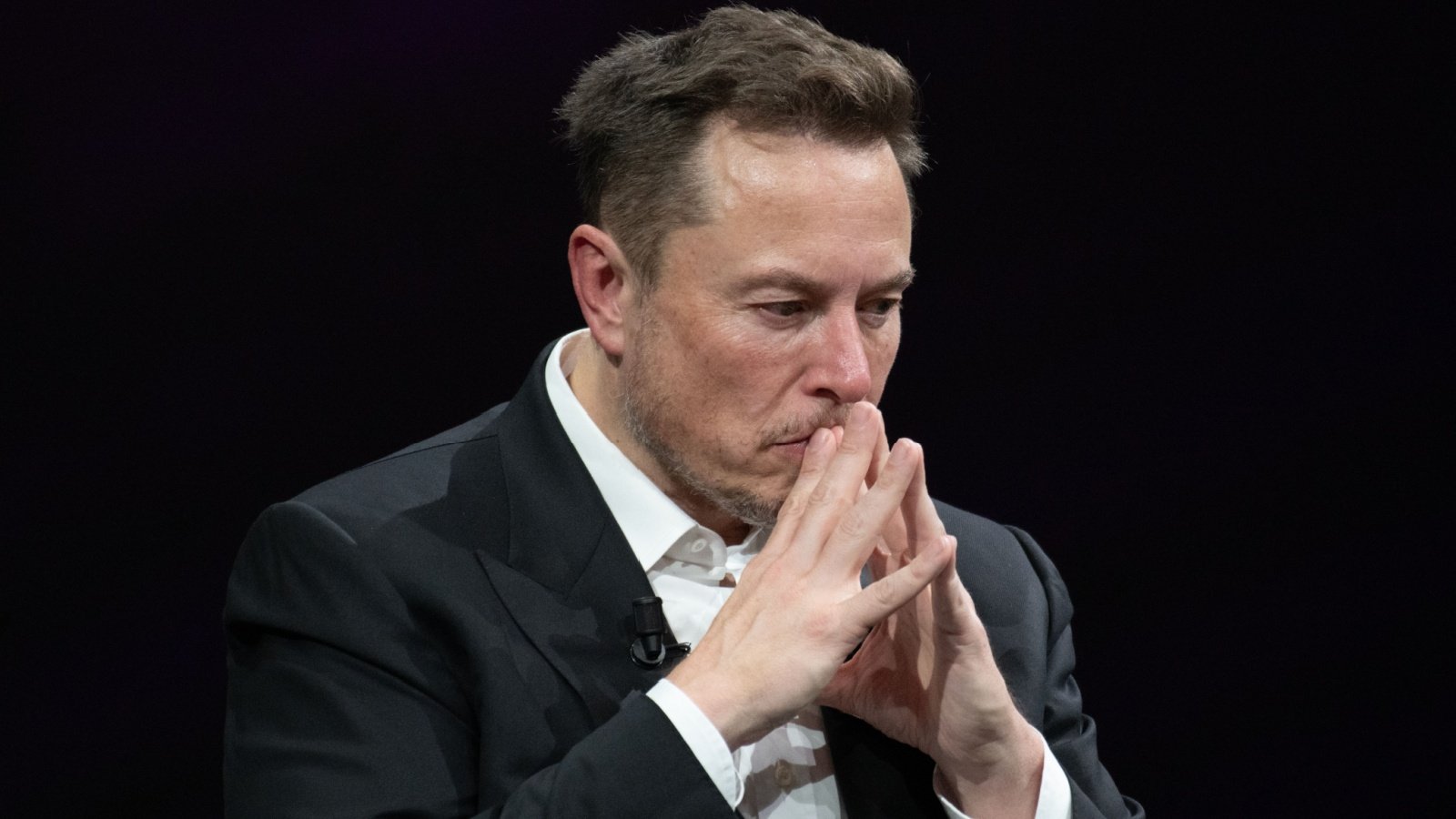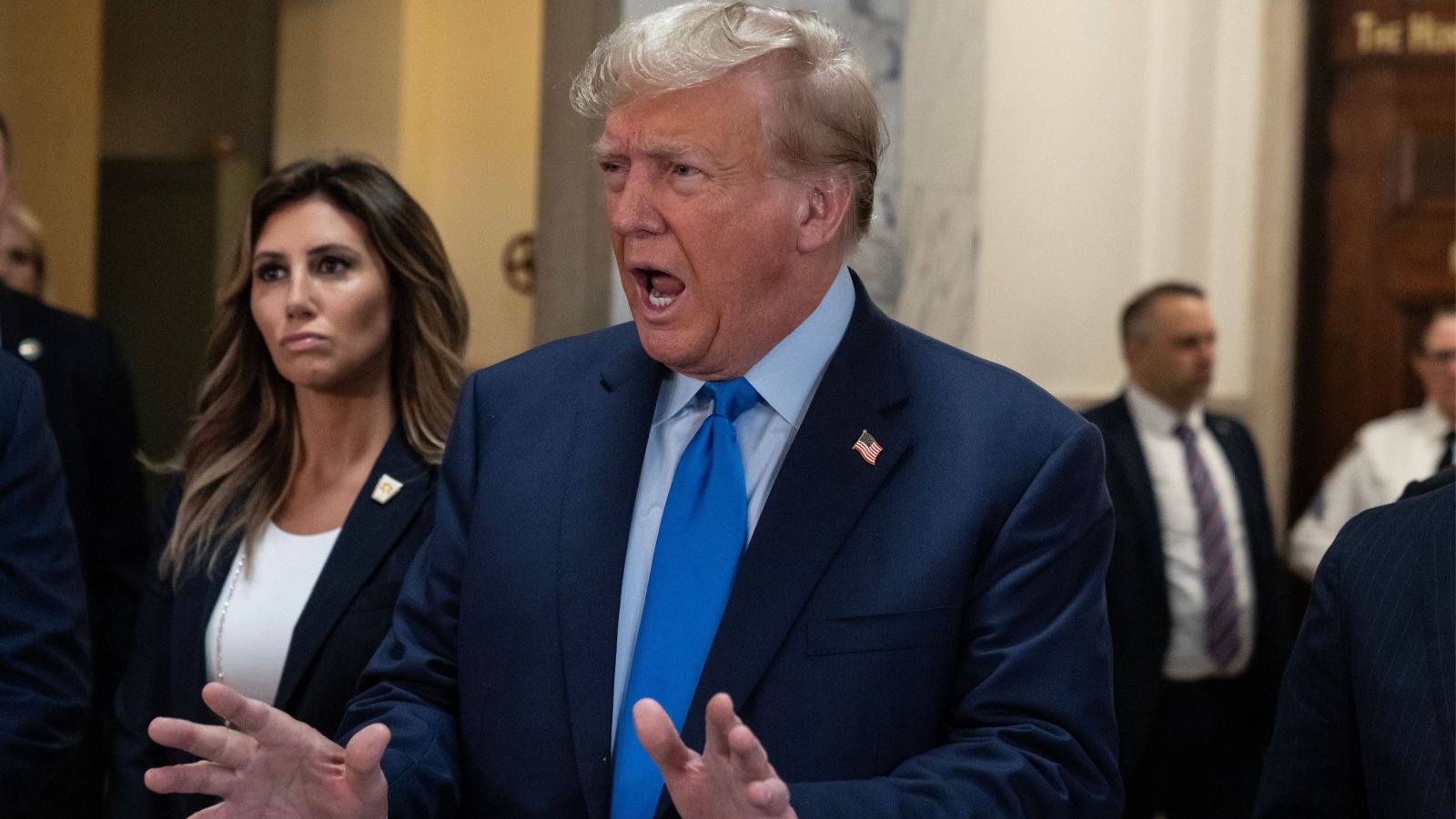Two of America’s greatest foes are making greater strides in their friendship. This week, Russian President Vladimir Putin traveled to Beijing and was greeted by Chinese leader Xi Jinping at an official ceremony. Russia has become increasingly dependent on China during its invasion and occupation of Ukraine over the past two years.
Strengthening Partnership
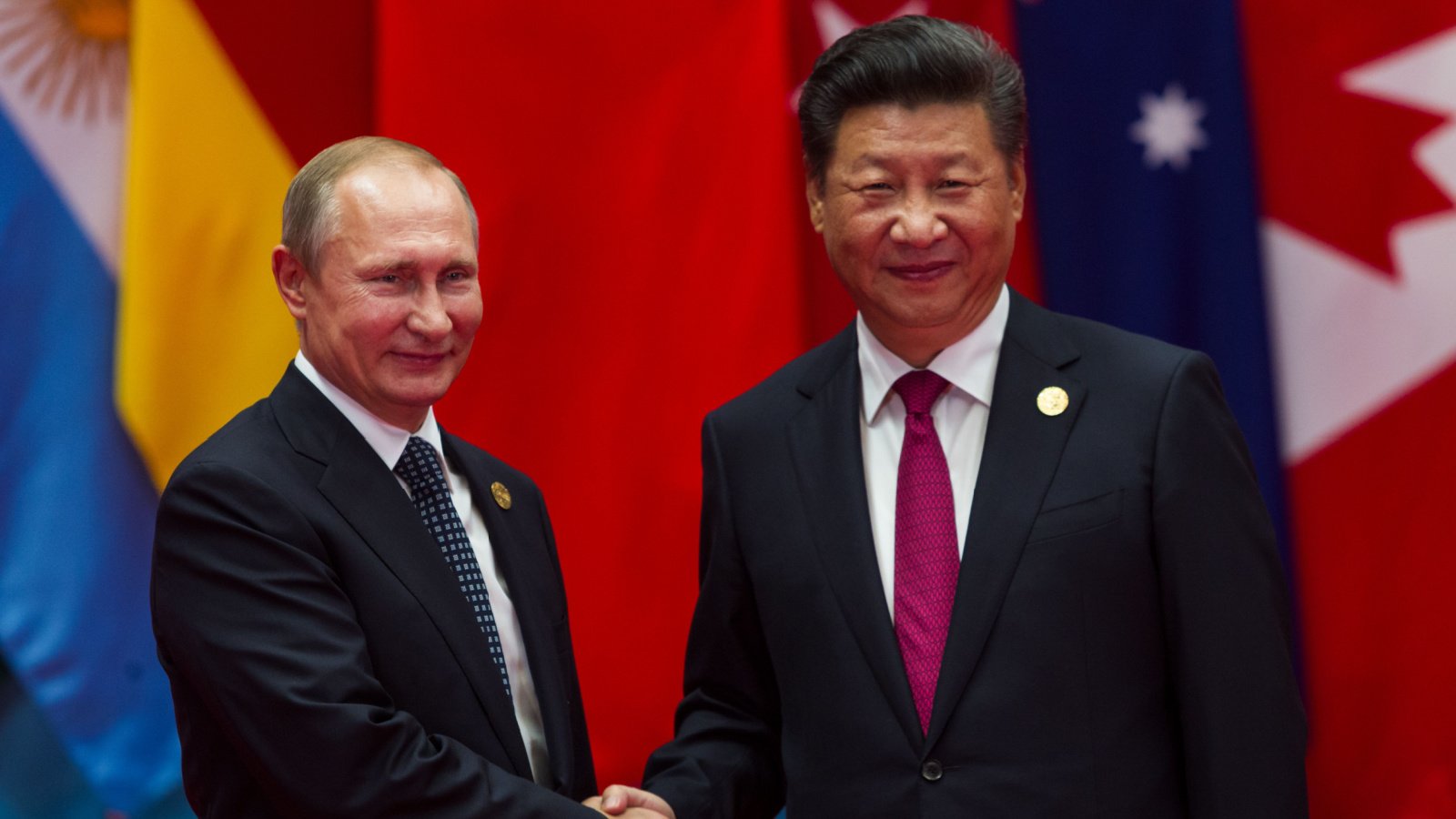
While the United States is embroiled in many diplomatic efforts worldwide and faces a consequential election in the fall, Chinese and Russian leaders are solidifying their “no-limits” partnership. Together, the leaders criticize U.S. involvement and military alliances in Asia and the Pacific. They also aim to create a powerful alliance to counterbalance existing Western alliances.
China’s Neutral Stance
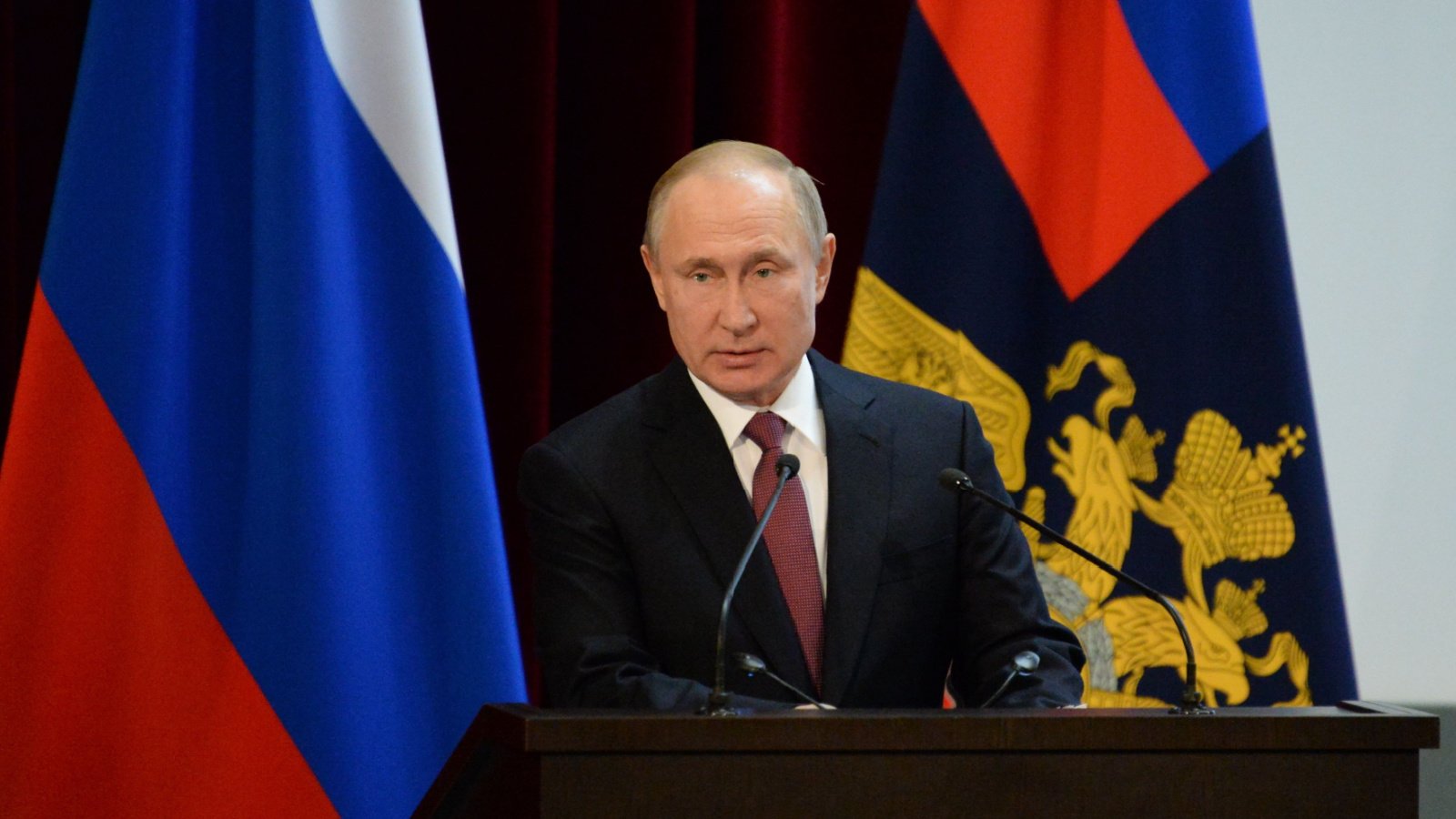
The relationship between Russia and China is strategic. China has maintained neutrality in the war between Russia and Ukraine, but the state has upheld Russia’s message that Western provocations started the conflict. China also provides Russian manufacturers with the components needed to produce weapons.
Rejected Peace Proposals
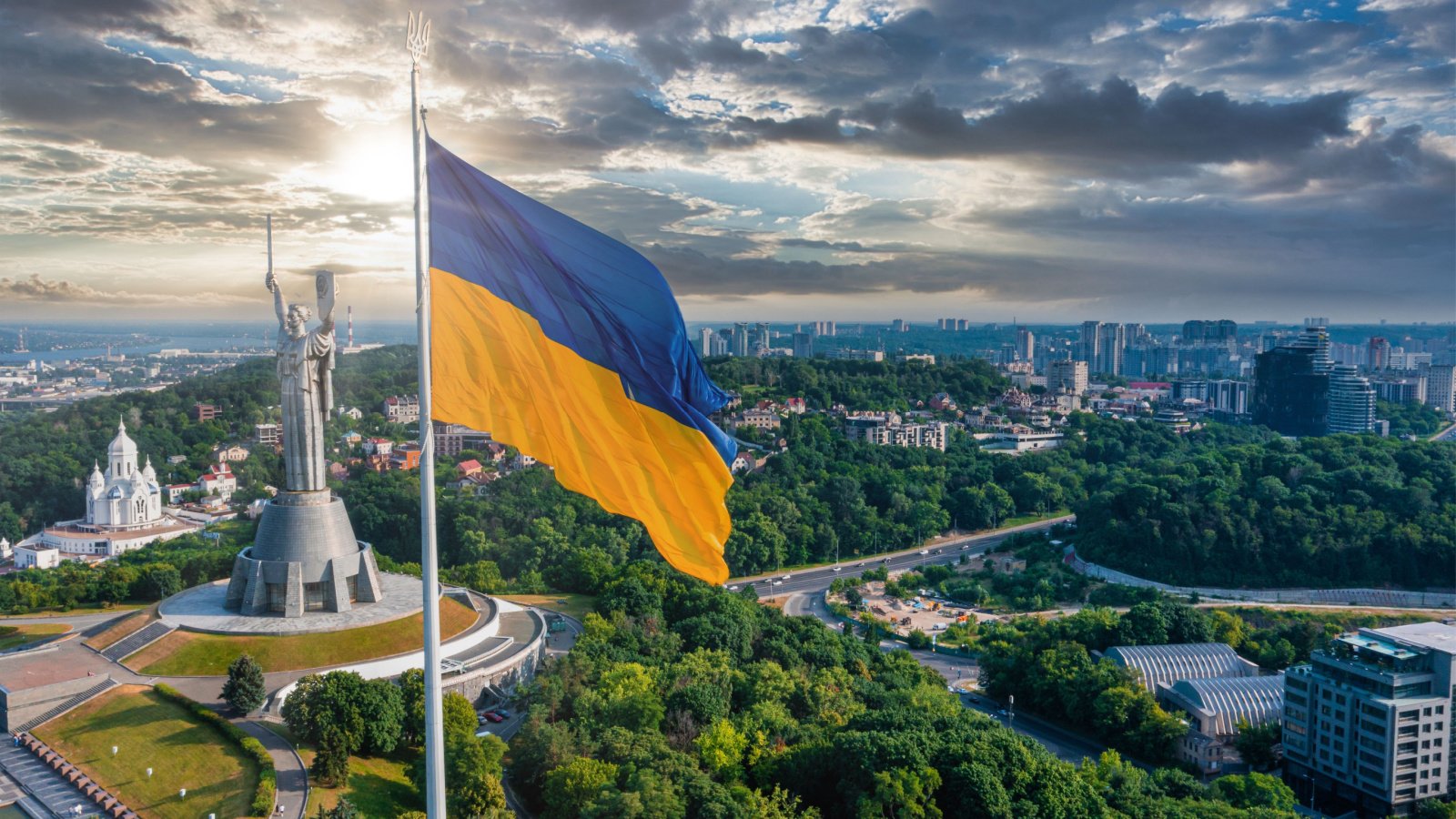
In 2023, China crafted a peace plan that called for Russia and Ukraine to hold official talks and reach a cease-fire agreement. Ukraine and a Western alliance rejected this peace plan, arguing that the agreement did not require Russia to retreat from seized Ukrainian lands.
Historical Context and Symbolism
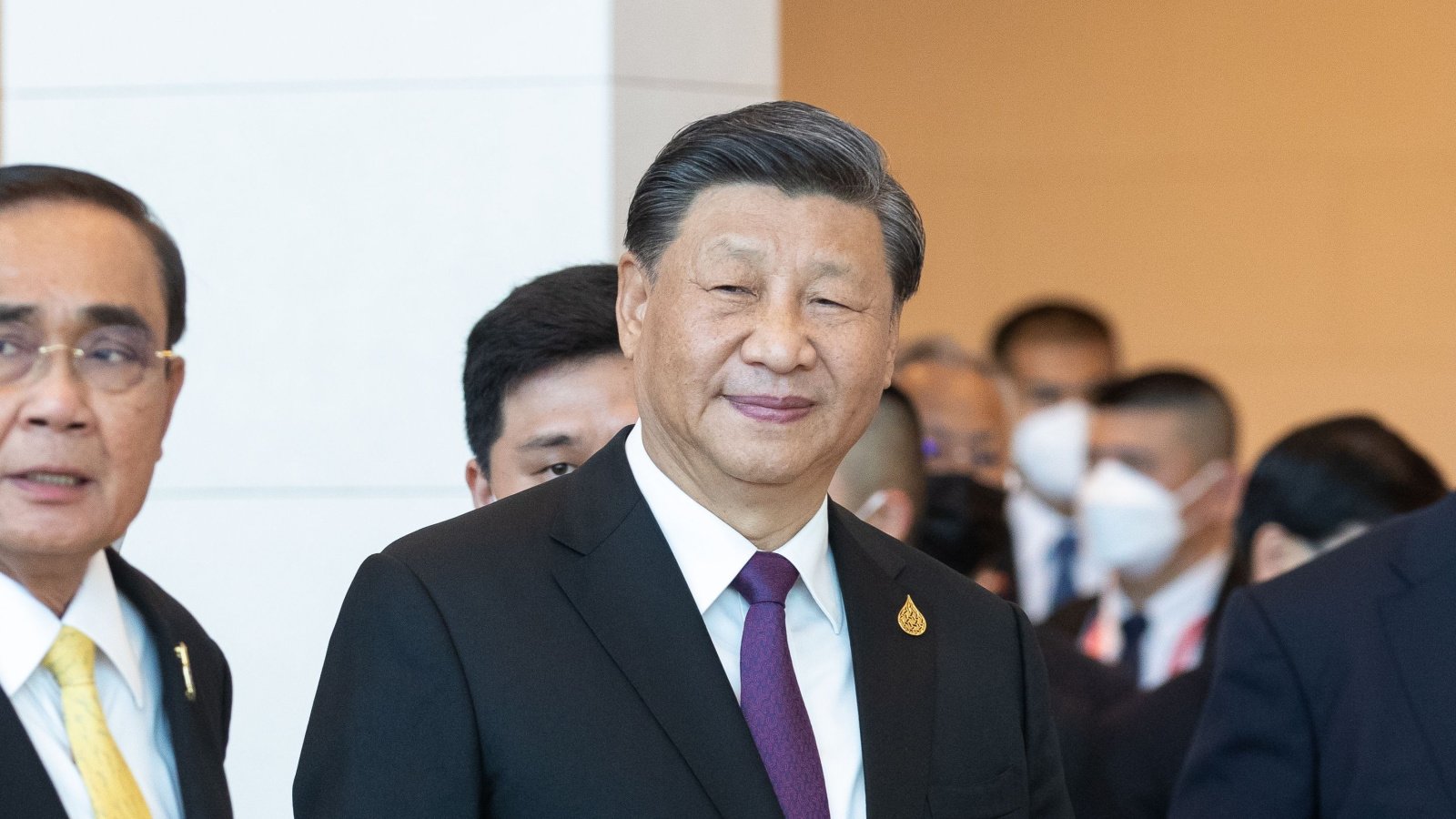
In light of China and Russia’s strained relationships with the U.S. and Europe, the two countries have signaled their ongoing alliance and partnership.
Rhetoric on Nazism
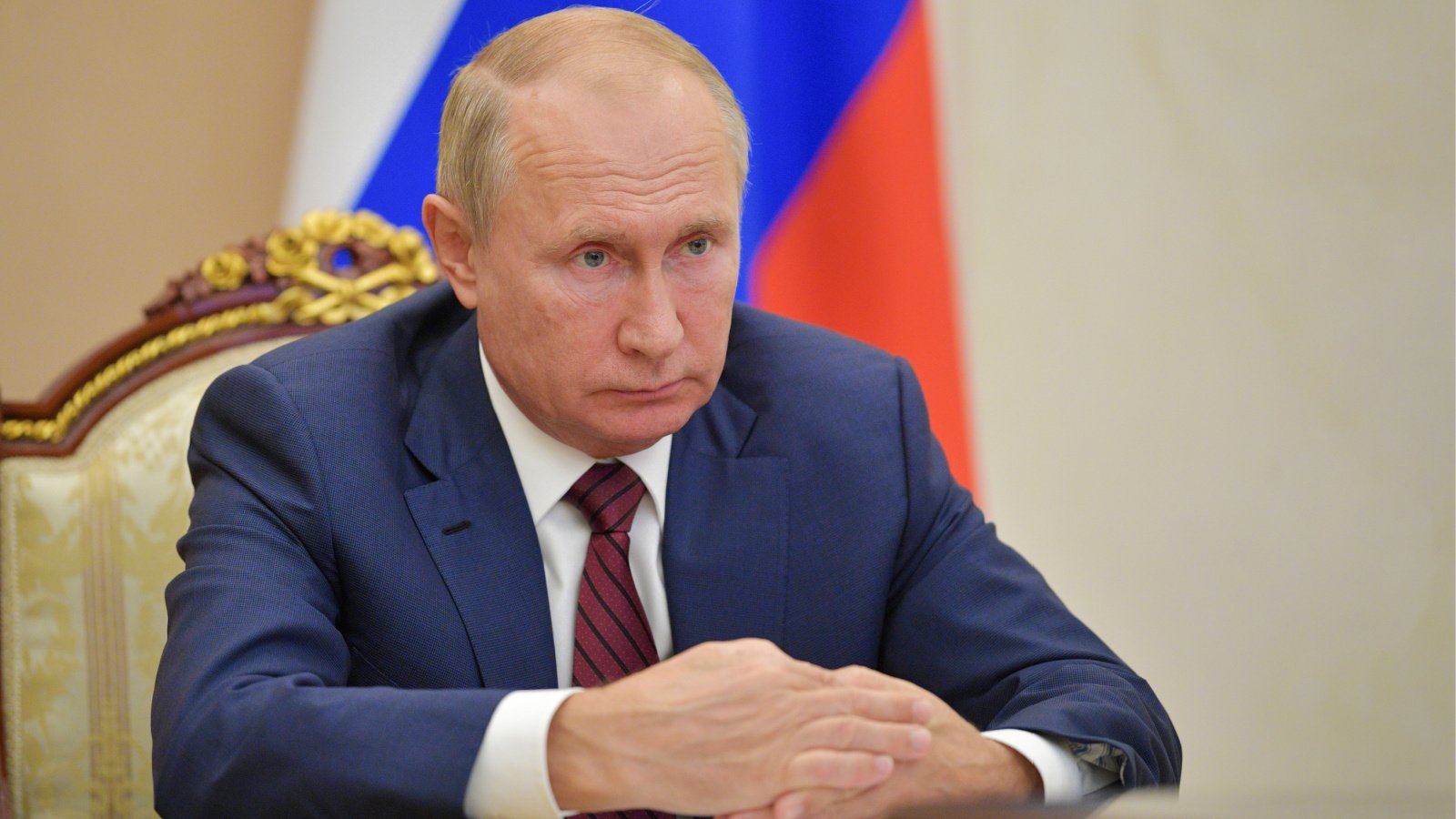
The two nations issued a joint statement condemning Nazism. This symbolically put the two nations in lockstep in what Russia has claimed to be the “denazifying” of Ukraine. Critics have long debunked Putin’s claim that he is trying to remove nazi philosophy from Ukraine, as the Ukrainian president himself, Volodymyr Zelenskyy, has a Jewish heritage.
Diplomatic Ceremony
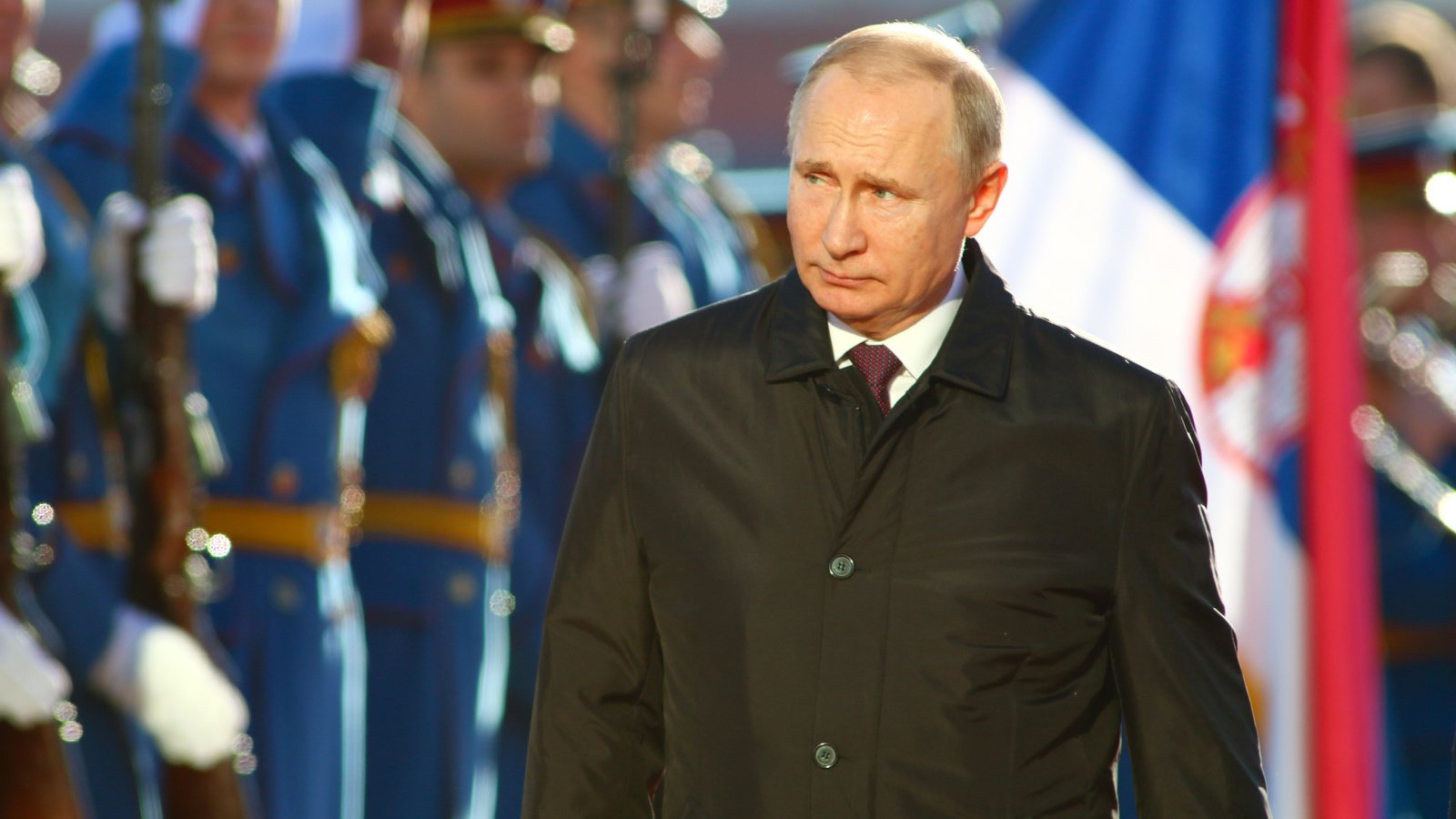
Xi welcomed Putin to Tiananmen Square with military honors. The Chinese leader then spoke about the nation’s efforts to foster stability worldwide and seek peace in Europe.
Criticism of U.S. Policies
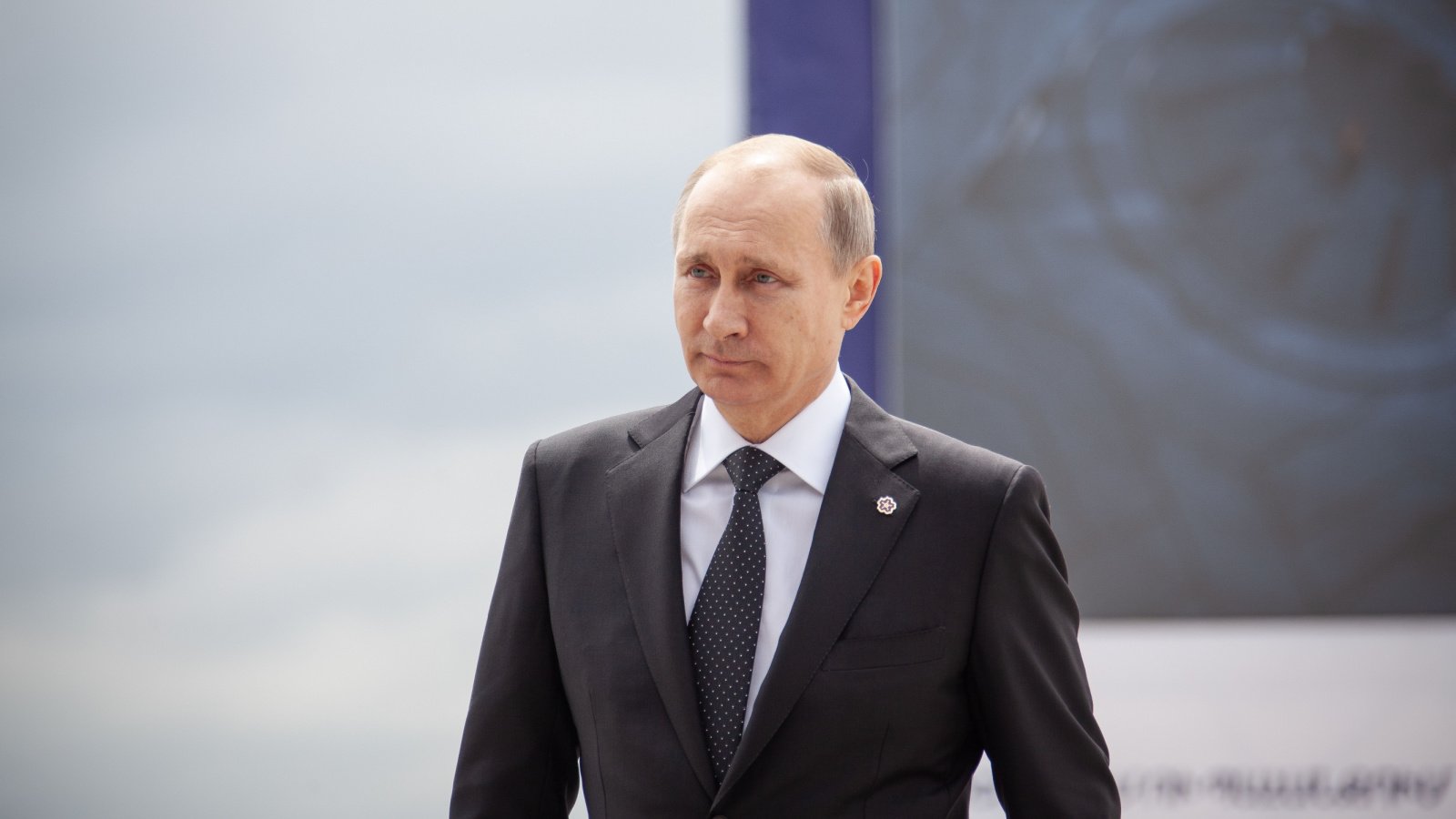
At the event, both leaders expressed criticism of U.S. foreign policy. They specifically aimed at the U.S. and Western countries’ military alliances in Asia. Xi and Putin claimed that the U.S. undermined regional security by deploying missile systems in the region with Western allies. Those allies are perceived as a threat to China.
Economic Dependency
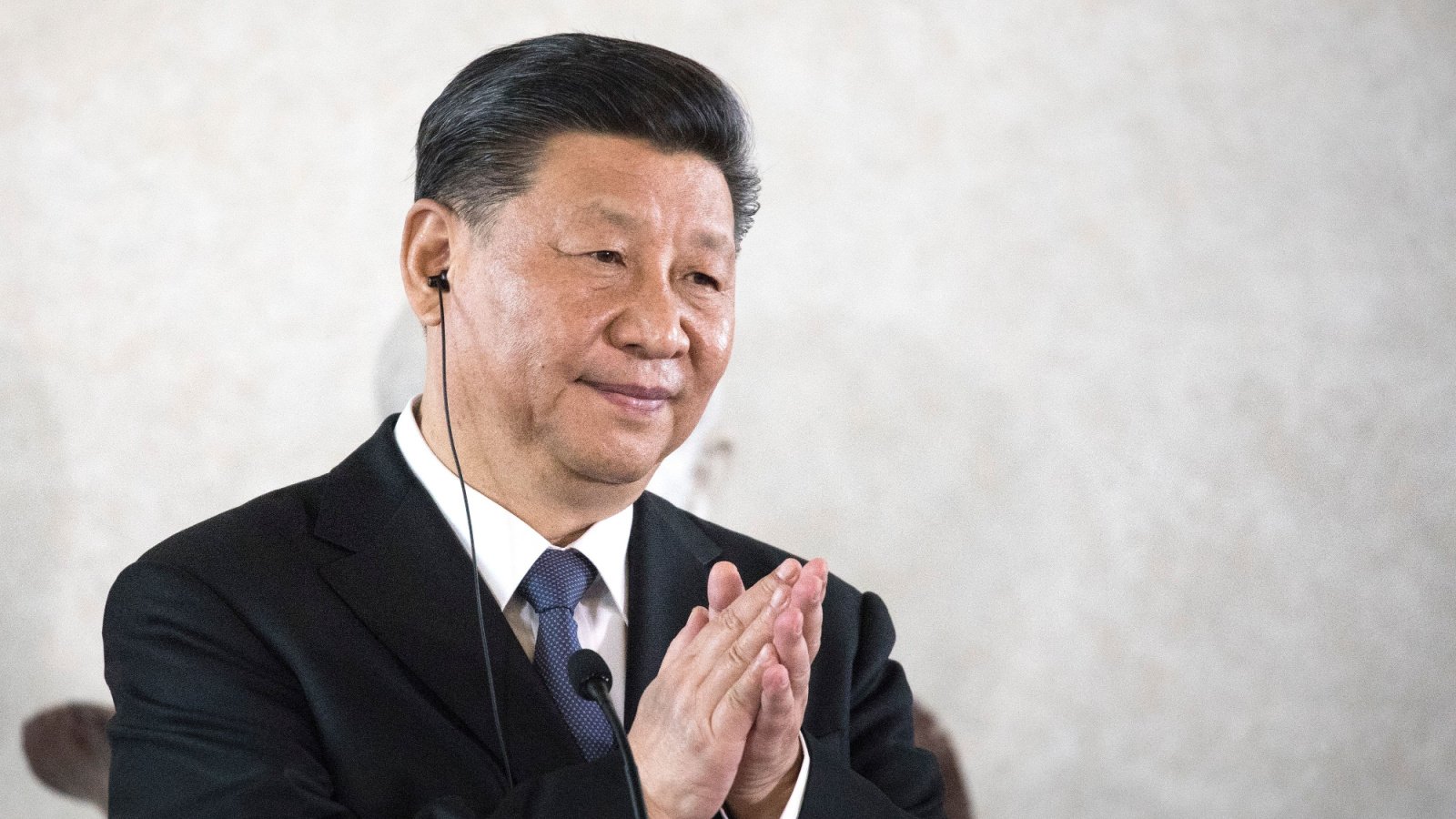
In addition to supplying Russia with manufacturing supplies for weapons production, China has also increased its financial investment in Russia, increasing trade to $240 billion in 2023. This investment is significant, as the Western world has employed a wide array of sanctions to isolate Russia for its aggressive acts in Ukraine. China has been propping up the Kremlin as the West has been isolating the Russian state.
Military Collaboration

In addition to economic and material assistance flowing from China to Russia, the nations have engaged in joint war games and shared military technologies. This alliance has benefited China’s defense, specifically advancing technologies for nuclear submarines and aircraft carriers.
Diplomatic Anniversaries
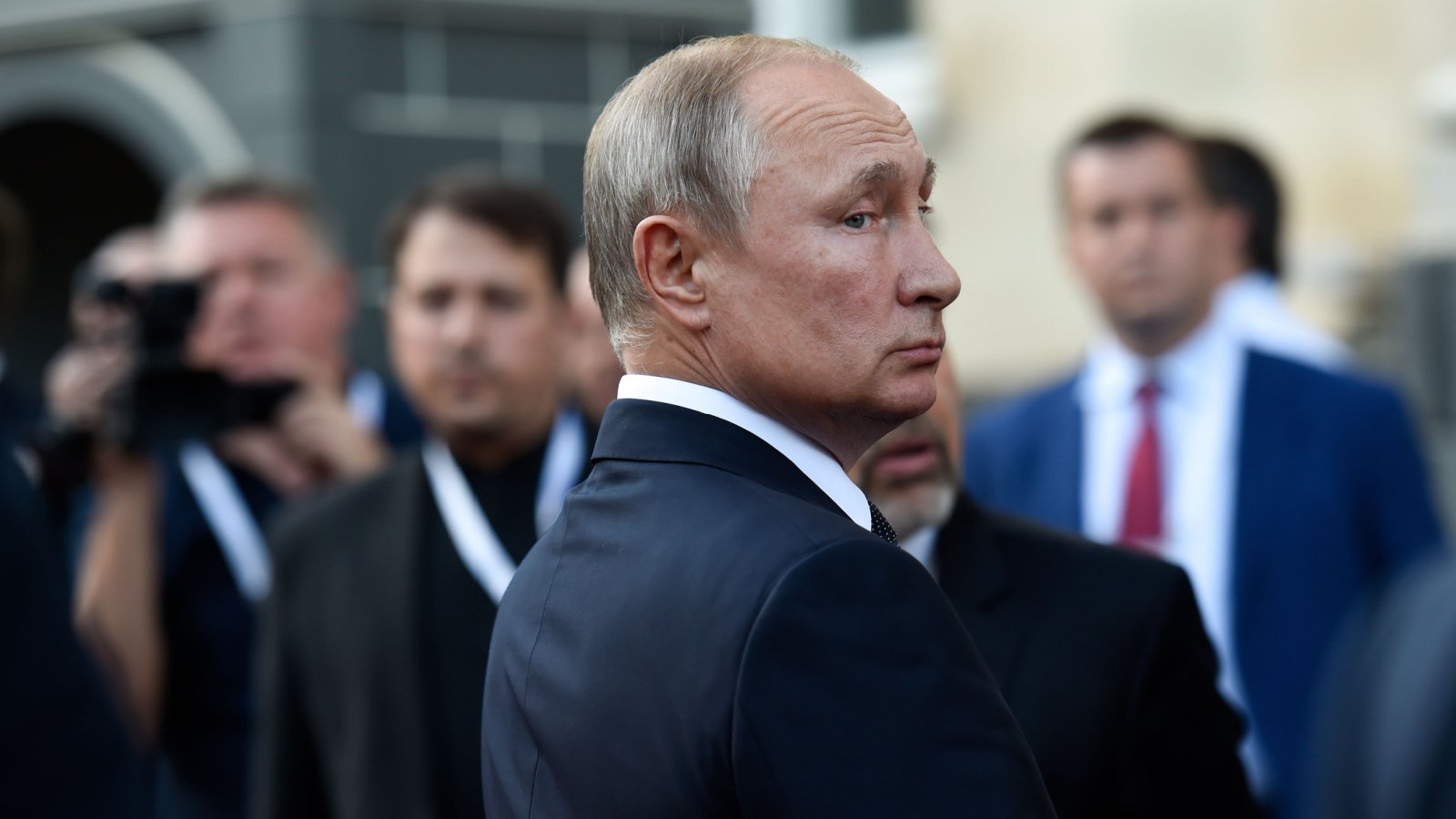
The Chinese and Russian leaders recently commemorated 75 years of diplomatic relations. Neither leader faces a current challenge to their leadership and could presumably remain the leader of their respective countries for a decade or more.
U.S. Criticism
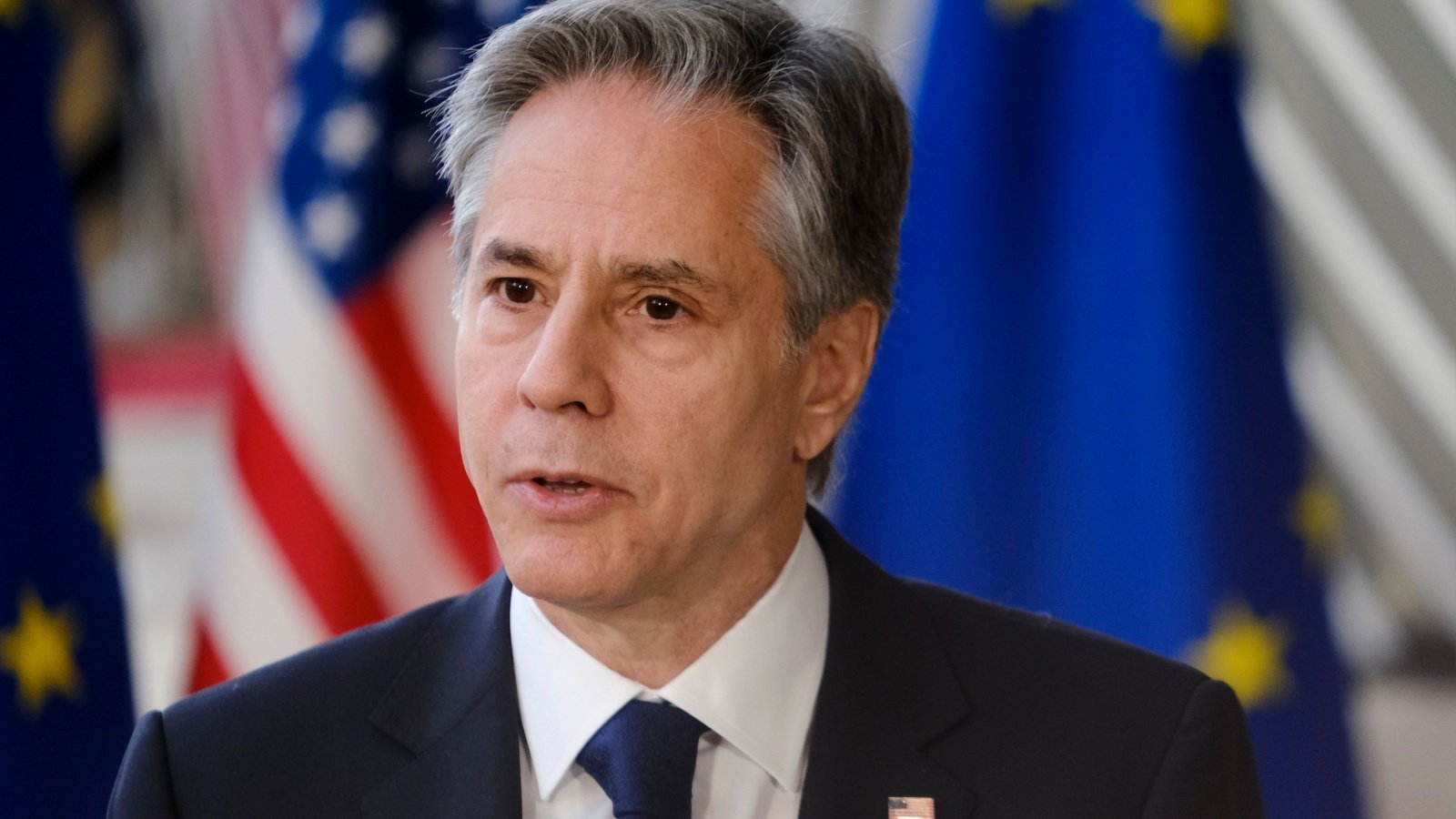
U.S. State Department officials have criticized the contradictions in China’s efforts to enhance diplomatic relations with Europe while at the same time supporting Russia in its invasion and occupation of Ukraine.
Americans See China and Russia as Top Enemies of U.S.

A 2024 Gallup Poll revealed that China and Russia are the biggest foes for the United States, with Iran also playing a role in the top three threats. Surprisingly, each major political party identified one as more of a threat than the other.
China is Enemy Number One Among Republicans and Independents
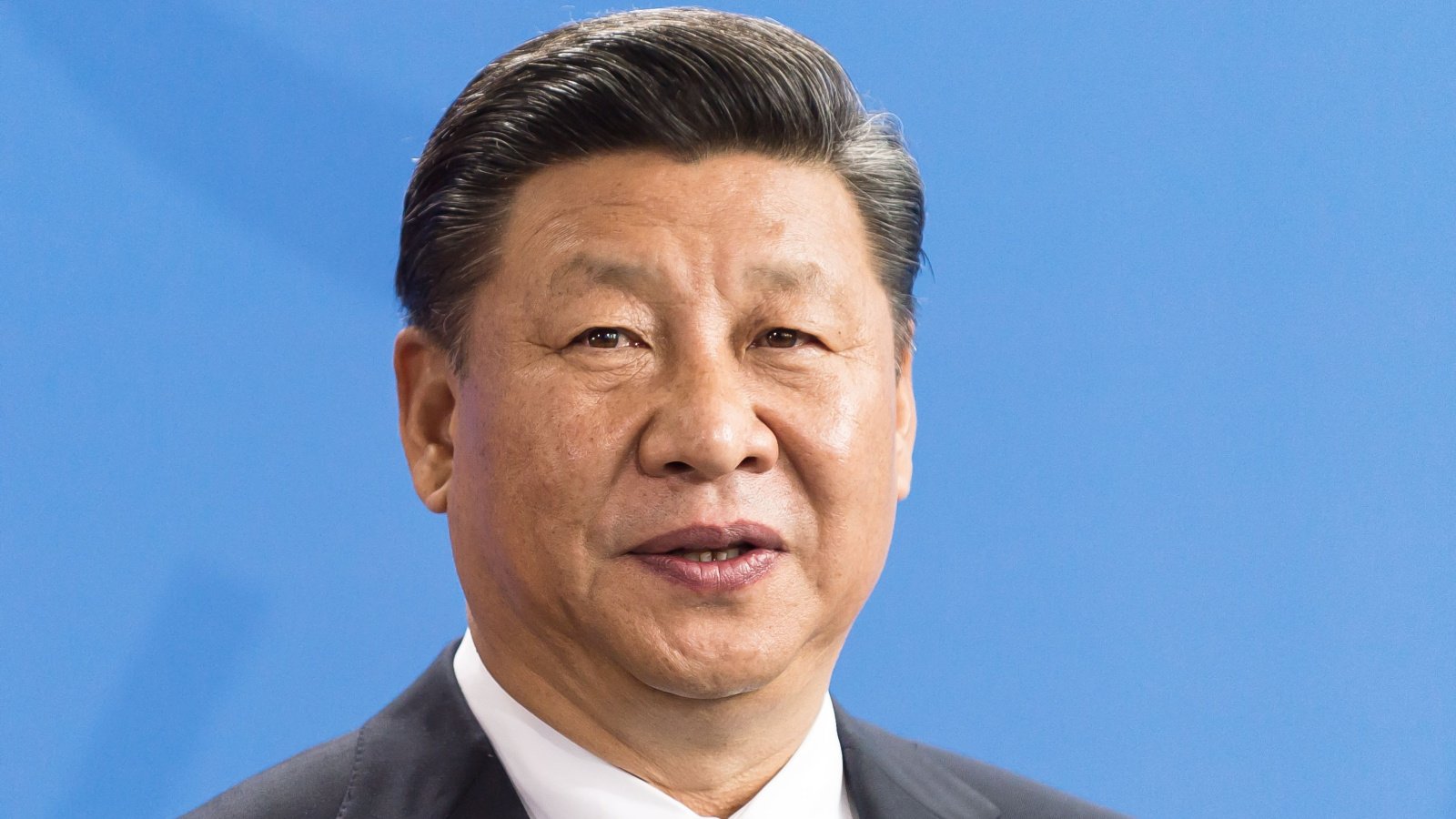
China ranks first as the greatest enemy of the U.S. by 67 percent of Republicans and 40 percent of independents. Only 18 percent of democrats listed China as the top threat to the U.S.
Russia and Iran Rank Second As Greatest Threat For Independents and Republicans, Respectively
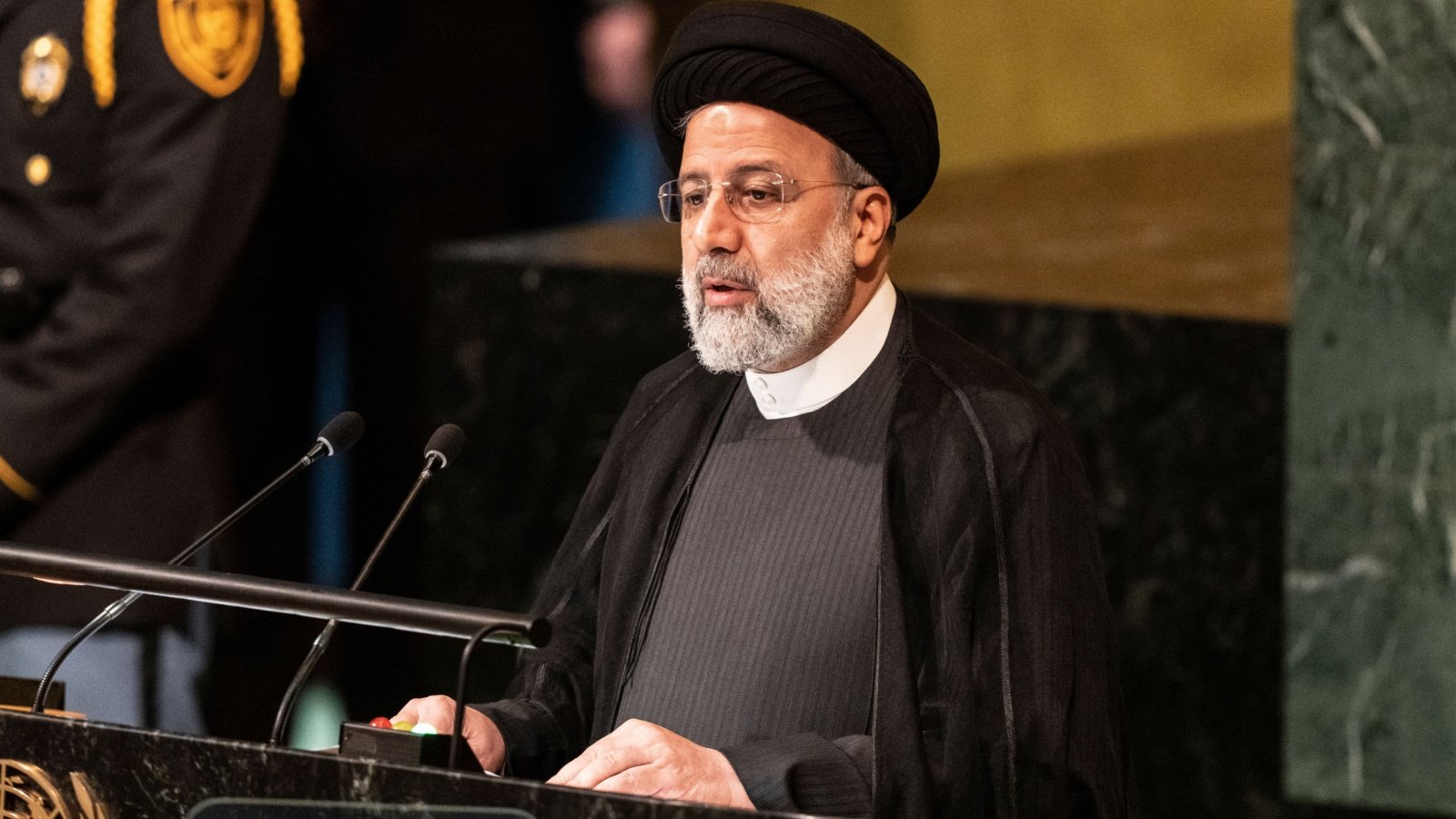
After China, Russia ranks second as the greatest threat among independents. For Republicans, Russia falls into third place as the greatest threat, but it is only slightly behind Iran, which Republicans consider the second greatest threat.
All Major Parties Concerned about Russia and China
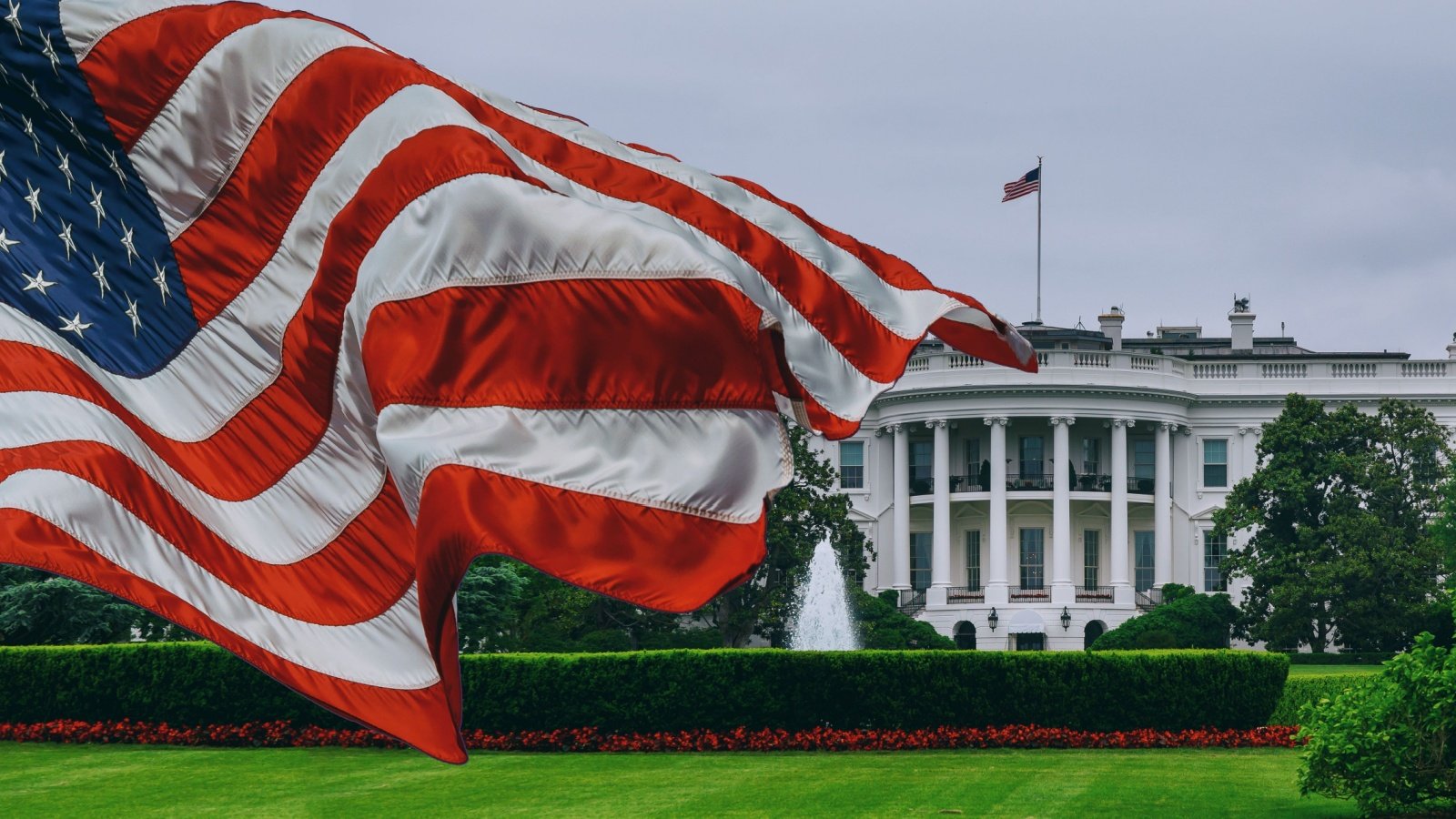
In any case, with all major political divisions within the United States concerned about the threats presented by China and Russia, U.S. officials are surely keeping close tabs on the developing friendship between the two nations.






